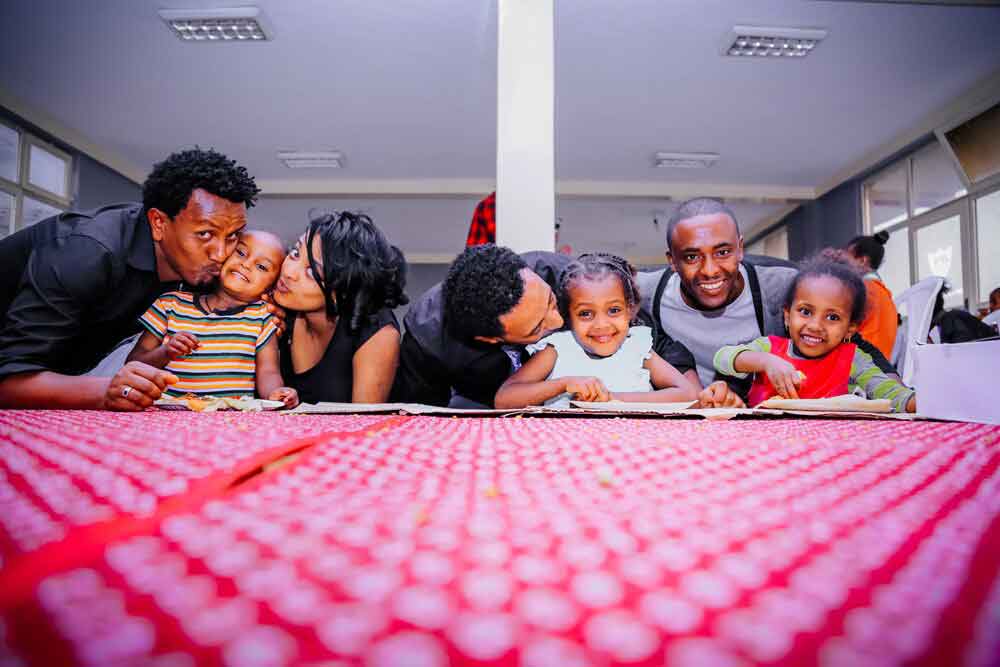Are you considering starting a family with the help of an egg donor? Many couples use the help of an egg donor, whether it is through a clinic, a friend or family member. Currently, recipient seeking a donor cannot be discriminated against on the basis of their sexual orientation, marital status or religion – therefore, donation may be used for straight or same-sex couples. It is important to understand the legal implications of your decision to donate your sperm, eggs or embryos to any given person. This also applies if you are on the receiving end. All donors and recipient having donor treatment are required to have counselling before they proceed. It is illegal for donors to be paid for donating although a donor may be reimbursed for expenses such as travel expenses.
Donors, recipients and the child born as a result of donation all have rights and responsibilities under Victorian Law. As a donor, it is important to note the following:
- It is no longer possible to donate anonymously in Victoria. A child born from a donation made from 1998 has the right to obtain information about their donor once they reach 18 years of age (or younger if they are deemed sufficiently mature by a counsellor or they have parental/guardian consent).
- The intended parents are the legal parents of a child conceived from donor treatment. They will be recorded on the birth certificate as the parents, not the donor.
- The donor is not responsible for maintenance or any financial responsibility towards the child.
Donor agreements, although not legally binding, set out the intentions of the intended parents and or donors and the relationship, if any, the child conceived will have with the donor. This will no doubt avoid any doubt as to the donor’s role in the child’s life. It will, to a certain extent, protect the donor’s rights and protect the rights of the intended parents, particularly the role of the non-biological parent. Donor agreements will not prevent a donor from being able to bring an application in the Family Court seeking contact with the child, however the Agreement can provide evidence of the intention of the parties at the time the child was conceived in in determining what the child’s best interests are should a dispute arises.
It is important to note the Family Court, if involved, will always make the child’s best interests the primary consideration when making decisions relating to child arrangements. This will include taking into account (but not limited to):
- The nature of the child’s relationship with each party;
- The capacity of each of the parties to provide for the needs of the child, including emotional and intellectual needs;
- The likely effect on the child of changes in his or her circumstances;
- The need to protect the child from physical or psychological harm; or
- The child’s maturity, sex and background, including any need to maintain a connection with a lifestyle.
There are important factors that couples planning to have a family need to consider. The family law team at Nevett Ford Lawyers have extensive experience dealing with straight or same-sex couples in children matters. We are familiar with preparing Donor Agreements and discussing future care arrangements for a child conceived from donor treatment. We welcome you to contact us on 03 9614 7111.

